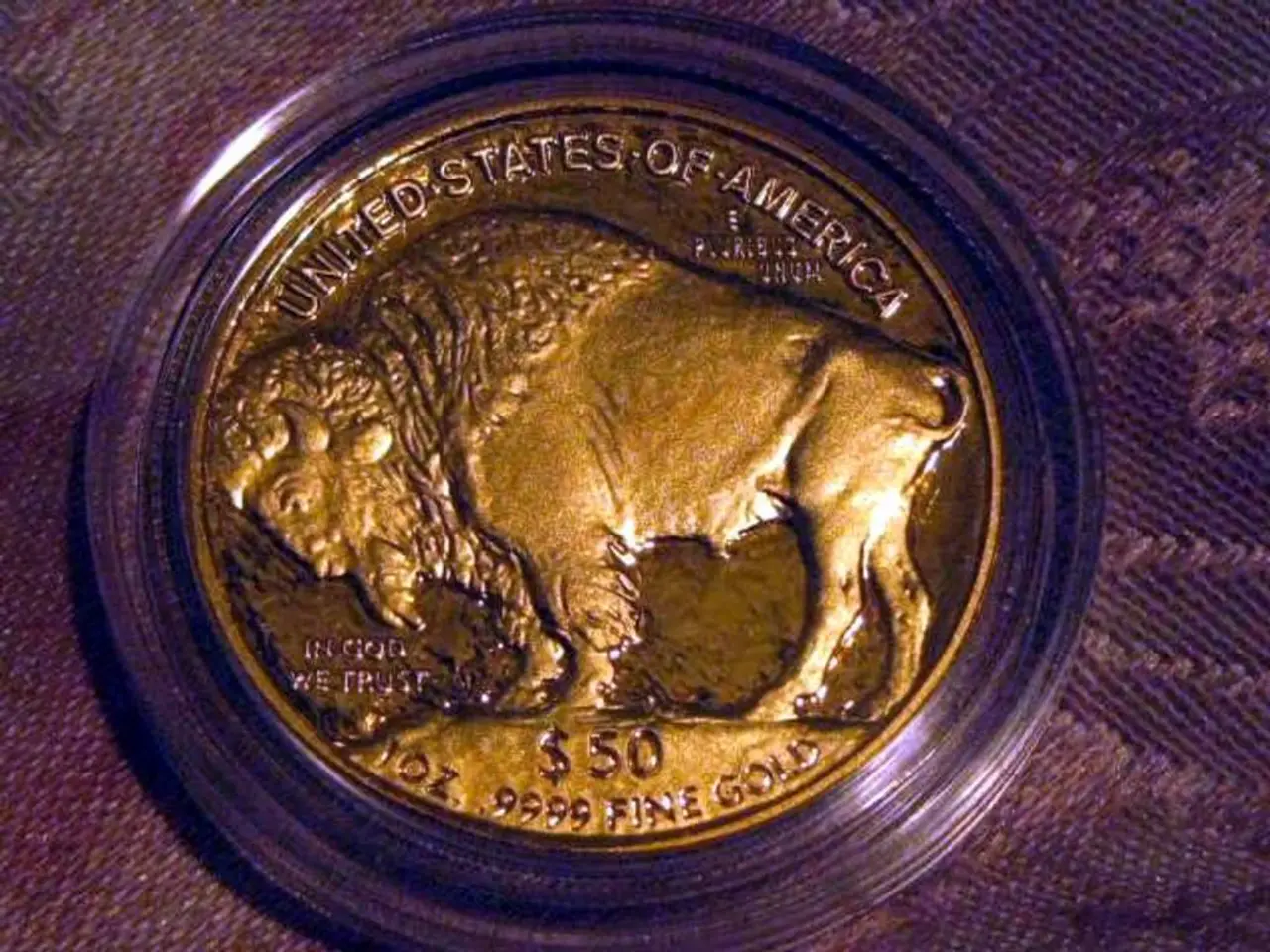Automakers such as Mercedes, VW, and others face pressure despite the customs agreement: here's why their vehicles are depreciating in value.
===============================================================
The European Union and the United States have reached a trade agreement, which has been in effect for a month. However, the deal has not been without its challenges for German automakers, as their stocks have seen significant price losses.
The agreement sets a 15% tariff ceiling on EU exports to the US, including cars and car parts. While this is an improvement from previous rates, it remains higher and may continue to weigh on demand and profitability for auto exporters like German manufacturers. Additionally, tariffs of up to 50% remain on EU steel, aluminum, and copper, essential inputs for car manufacturing, further raising production costs.
Economic analyses suggest that these tariffs are distortionary, with the EU potentially seeing GDP declines between 0.2% and 0.8%. Countries with significant exports to the US, such as Germany, Italy, and Ireland, could be disproportionately affected. The automotive sector is highlighted as one of the most vulnerable to these tariff-related impacts.
The extent to which tariffs are absorbed by EU exporters or passed on to US consumers will influence demand and pricing, creating uncertainty around future revenues for German automakers. Moreover, the recent appreciation of the euro, combined with tariffs, reduces EU competitiveness in the US market, potentially shrinking sales volumes and margins for automakers dependent on exports to the US.
Furthermore, any potential "non-tariff barriers" like regulatory alignment could pose additional challenges, despite efforts to streamline certain trade aspects.
In the midst of these challenges, the performance of German automakers' stocks has been a topic of interest. Some argue that the price losses might be due to the phenomenon known as "sell the news," where investors sell stocks following positive news to secure profits.
For those interested in staying informed about the financial market, DER AKTIONÄR offers secure access. Subscribers can log in now, and new subscribers can take advantage of the instant purchase option. The subscription price is 9.95 € per month.
Despite the ongoing challenges, the trade deal has politically stabilized transatlantic trade relations. However, the remaining high tariffs on key materials and products, economic distortions with uneven sectoral impacts, and currency-driven competitiveness issues represent the "real catches" undermining German automakers' stock performance after the agreement.
- The 15% tariff ceiling on EU exports to the US, including cars and car parts, has the potential to negatively impact the profitability of German automakers due to increased costs and reduced demand.
- The ongoing challenges faced by German automakers, such as high tariffs on key materials, economic distortions, and currency-driven competitiveness issues, are causing significant losses in their stock prices and posing additional challenges, particularly in the area of finance.




